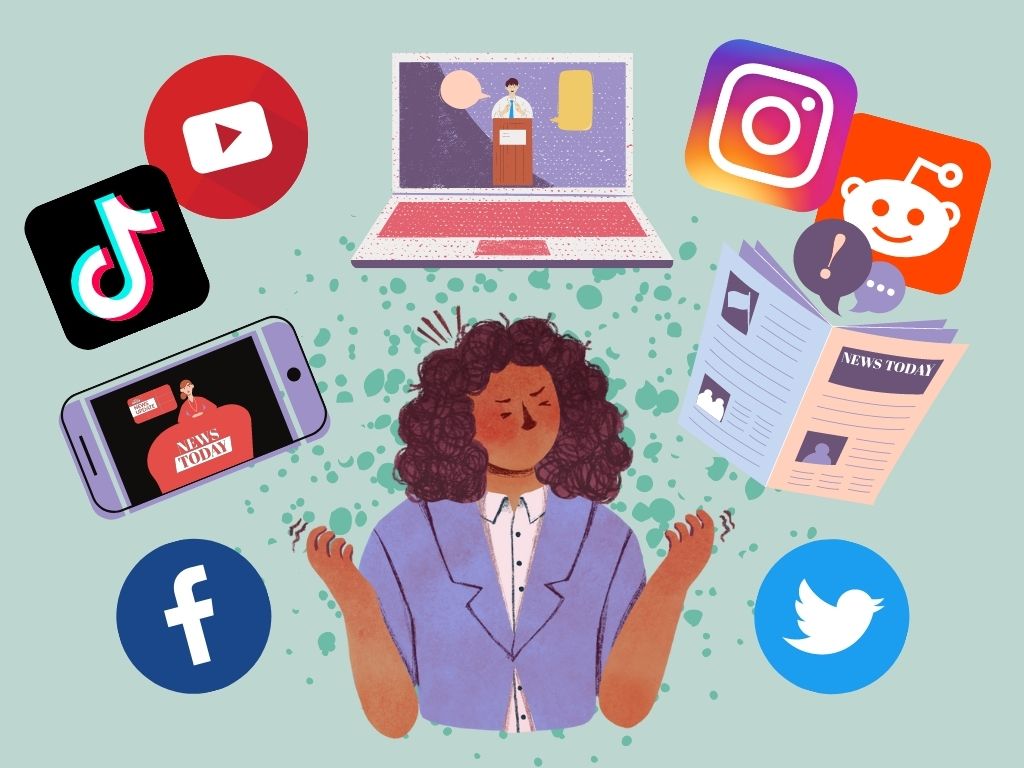Informed Voting Introduction
You are currently in the module on "Informed Voting" in a larger tutorial. Each research tutorial includes modules of topics related to the overall tutorial learning objectives. Please go through all the pages in this module by clicking on the “Next” button on the bottom of the page in order to progress. If you would like to track your progress, be sure to log in with your UNCG credentials at the top right of the module. Each module includes Quick Checks on every page. These Quick Checks do not produce a certificate; they are optional and do not track your progress. Certificates are created by completing a whole tutorial, so be sure to complete all the modules within a tutorial in order to generate a certificate. You can also take a screenshot of your progress page.
UNCG Libraries Research Tutorials Help
Time needed to complete this module: 15 minutes
Learning Objectives:
By the time you complete this lesson, you should be able to:
-
Students will categorize and contextualize sources based on format and purpose.
-
Students will use indicators of credibility to evaluate source

Image created on Canva
Voting in local, state, and national elections is essential to participating in the democratic process, but educating yourself on the issues and candidates can feel overwhelming in the era of media oversaturation. Media oversaturation simply means that many of our lives are filled with large amounts of media, ranging from email to blogs to social media to podcasts to streaming services. According to a Pew Research Center survey, “Overall, 85% of Americans say they go online on a daily basis. That figure includes the 31% who report going online almost constantly, as well as 48% who say they go online several times a day and 6% who go online about once a day.” Sorting through and processing so much information can be challenging.
There are also obstacles to becoming an informed voter:
- feeling like your vote does not matter
- lack of time and energy to devote to research
- uncertainty about where to look and who to trust
However, there are steps you can take to become an informed voter and many resources to make that process easier.
*About three-in-ten U.S. adults say they are ‘almost constantly’ online.” Pew Research Center, Washington, D.C. (2021) https://www.pewresearch.org/fact-tank/2021/03/26/about-three-in-ten-u-s-adults-say-they-are-almost-constantly-online/